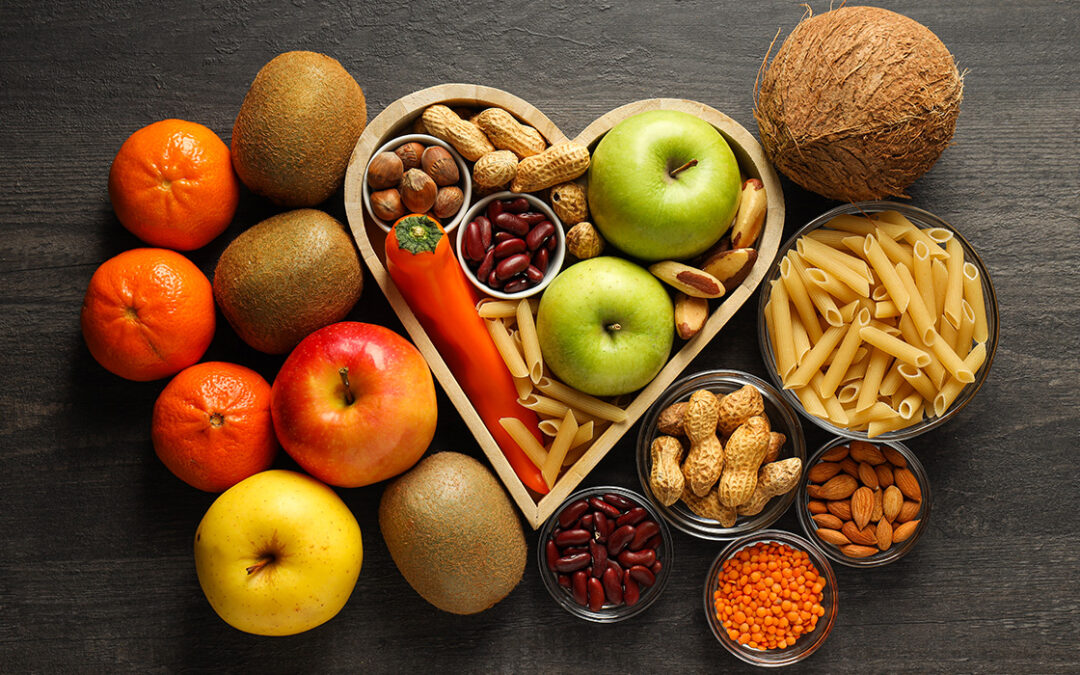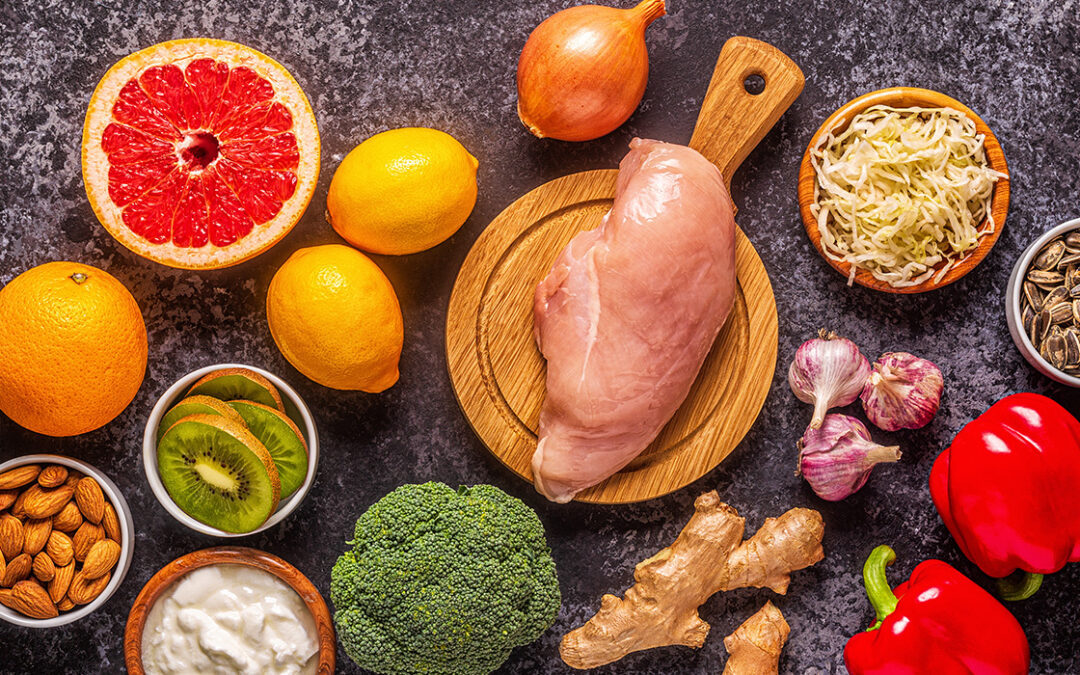
by Satzuma-Creative | Jun 1, 2024 | Health Topics, Nutrition, Physical
Understanding Diabetes, Glycemic Index, and Nutrition: a Comprehensive Guide Diabetes is a chronic condition characterised by elevated blood sugar levels, which can have significant implications for overall health and well-being. While genetics and other factors play...

by Satzuma-Creative | Jun 1, 2024 | Health Topics, Nutrition, Physical
Diabetes Week: Fostering Awareness, Support, and Action Diabetes is a global health challenge affecting millions of lives, and in the United Kingdom, Diabetes Week serves as a pivotal initiative to raise awareness, provide support, and drive action against this...

by Satzuma-Creative | Jun 1, 2024 | Health Topics, Nutrition, Physical
Nurturing Cardiovascular Wellness: A Guide to Maintaining a Healthy Heart Introduction: A healthy heart is the cornerstone of overall well-being, and adopting lifestyle choices that promote cardiovascular health is paramount in preventing heart diseases. As the...

by Satzuma-Creative | May 9, 2024 | Health Topics, Nutrition
The Whole30 diet is a viral health movement that is increasing in popularity. It encourages followers to cut out alcohol, sugar, grains, legumes, dairy, and additives from their diet for 30 days, and is advertised as a total lifestyle change. Followers rave about its...

by Satzuma-Creative | Apr 23, 2024 | Health Topics, Mental Health and Mindfullness, Nutrition, Physical
Harnessing Hormonal Harmony: Nutrition And Physical Activity Across The Menstrual Cycle The menstrual cycle is a complex, dynamic process that involves hormonal fluctuations and physiological changes in a woman’s body. Understanding how nutrition and physical activity...

by Satzuma-Creative | Apr 23, 2024 | Health Topics, Mental Health and Mindfullness, Nutrition, Physical
Unveiling The Strains: Navigating Mental Stress for Women and Strategies to Overcome In the complex tapestry of women’s lives, mental stress is an all-too-common thread that can weave its way through various aspects. The challenges and expectations faced by women in...








Recent Comments